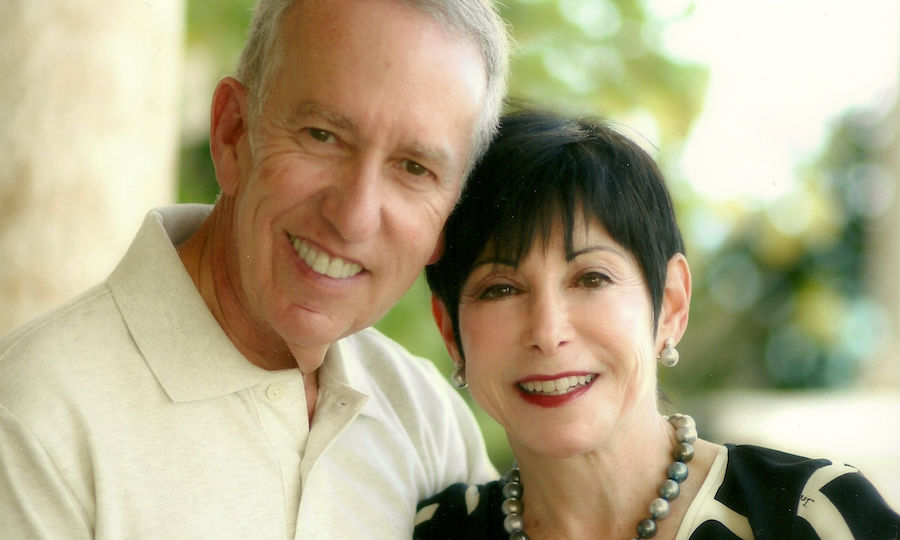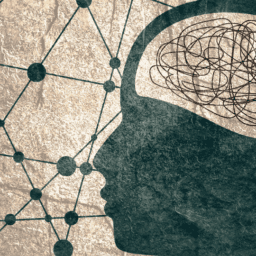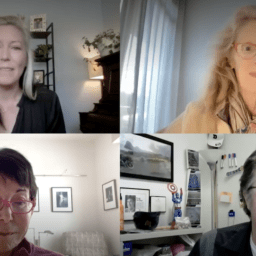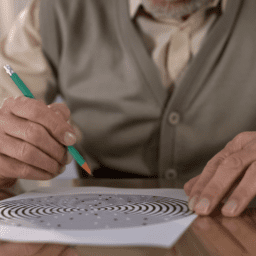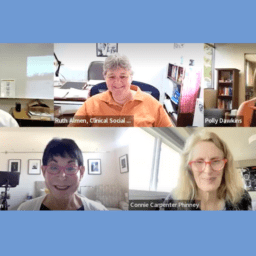We occasionally receive emails from people asking if they should donate their brain to science and, if so, how to do it.
While we’re not comfortable offering advice on whether or not you should donate your brain to science, we recently spoke with someone whose husband did, and her story was so inspiring we wanted to share it.
Gene Gitin was a doctor, entrepreneur, business owner, philanthropist, and inspiring member of the Parkinson’s community. Ever since he was in medical school, he talked about his desire to donate parts of his body to science. Once he was diagnosed with Parkinson’s, his desire to donate his brain became even stronger, and he made plans to donate it to the University of Miami brain bank. (There are only six designated brain and tissue biorepositories in the nation.) He and his wife, Gail, of 52 years, filled out all of the paperwork, and they gave him a card to carry in his wallet to alert doctors and first responders of his wishes.
As Gene’s condition deteriorated and it was clear he would pass away, Gail dialed the number on the card. She spoke to the same woman who initially helped them arrange the donation. She provided Gail with instructions, Gene’s body was transferred to the mortuary where the team was waiting, and they took his brain immediately to the airport to be transferred to Miami. Gail received a call the following morning letting her know all was well. In a few months, the university will send Gail a detailed analysis of their findings that we hope can be added to the information our scientists have to fight Parkinson’s.
Those were the logistics, but what happened after the transfer was what surprised Gail the most. She said, “Knowing that Gene’s wish was going to happen lifted me up so much. It was the best gift he gave to his family and to the doctors who would have a chance to study it. Even after death, Gene was playing an important role in healing others.”
If you (or your loved one) have ever considered donating your brain to science, this story can give you hope that not only can it be a compassionate and straightforward process, but it can provide peace and hope to those you leave behind.
You can learn more about donating your Parkinson’s brain to science here.


